 Meals
read more >
Meals
read more >
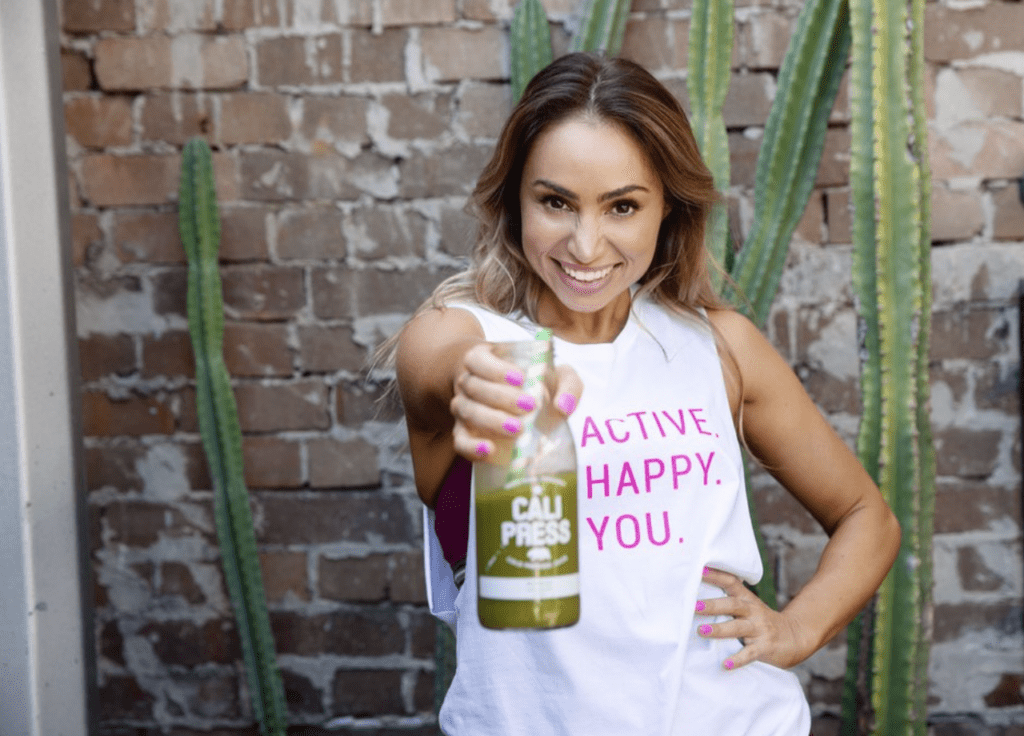
Dry-ish July
You might be wondering why ‘dry-ISH’? and that’s because I am all about setting realistic and sustainable healthy habits and I don’t believe that completely eliminating something is either of those things.
Developing healthy habits that focus on moderation rather than restriction will be far more sustainable in the long run. Now alcohol may not play a big role in your life, which is great, however while we are on the topic of drinks it’s worth taking a look at all the different kinds of drinks you consume and overhauling the ones that hold little to no nutritional value. I’m talking soda/soft drinks, energy drinks, even excess coffee intake! For my Facebook Tribe I have set a bunch of goals to reach as part of their Dry-ish July challenge, that predominantly focuses on increasing water intake and reducing alcohol, soft drinks/soda, store bought juices and caffeine. Essentially water is the ultimate drink, and we could definitely all drink more of it, so here are some tips on decreasing consumption of high calorie, low nutritional drinks and increasing water.
Alcohol
Alcohol may be a big part of your life or you might be totally ok without it. Personally, I love a glass of Rosè of a weekend and I definitely don’t restrict myself from having a glass or two with friends. I know not to overdo it though and will usually have between 1 and 3 glasses a week. Now this isn’t just because of the effects it can have on weight but it’s ability to interrupt sleep causing tiredness and decreased motivation. According to Drinkwise Australiaalcohol interferes with our sleep cycles, reducing our REM and deep sleep state, leaving us feeling unrested and exhausted. For some people alcohol can even cause symptoms of anxiety and affect moods and can lead to a knock-on effect within other areas of our lives. In saying that we still need to maintain a social life, where alcohol is often a part of many special occasions and can also just be a great way to relax after a week. I do believe that there is a place for alcohol but my approach focuses on moderation and fitting it into my lifestyle and health goals. Here are some tips on how you can limit your alcohol intake:
- Have a glass of water in between each glass of alcohol
- Try lower calorie options like sparkling/soda water with gin or vodka and fresh lime
- Have just sparkling water and lime if you’re worried that people will pressure you for not drinking
- Don’t keep bottles of wine at home
- Save your drinks for catch-ups with friends or Friday ‘date-nights’ or other special occasions
- Save cocktails for holidays!
- If you have a special occasion and you know you’re likely to celebrate more than usual, prepare some wholesome snacks for when you get home such as wholewheat crackers and cheese
Caffeine
For many of us we can’t live without our caffeine hit that we get from our morning coffee, I’m definitely no exception. I used to have 4 coffees a day all with full cream milk. Now not saying milk is bad, it’s absolutely not and we know how beneficial diary is in our diets. However, what I didn’t realise was that excess caffeine can actually interfere with the absorption of calcium, so the unnecessary calories that I was consuming may have had little benefit. But it’s not just coffee that provides us with caffeine and the effects aren’t just limited to decreased calcium absorption either. Caffeine is also found in cola, tea, energy drinks and chocolate, where a review on the effect of caffeine on health and nutrition also showed excess amounts can affect absorption of other essential nutrients such as vitamin D, iron and B Vitamins. Another review by Food Standards Australia New Zealand, found evidence of increased anxiety levels in children who consumed approximately 2 cans of cola daily as well as acknowledging an interference with sleep. There isn’t a recognised health-based guidance for caffeine intake however many sources suggest around 350-400mg (approximately 2 espresso coffees). As always this will differ from person to person, especially if you are pregnant, so always check with your health-care professional for more personalised recommendations. I have now limited my intake of caffeine to 2 regular coffees a day and will always consume them before midday. I also now use almond milk instead of normal milk purely for the taste but conveniently also lower in calories. Here are some tips on reducing your intake of caffeine:
- Experiment with different non-caffeinated teas (we have T2 here in Australia that has so many varieties of fruit tea!)
- If coffee is more habitual than a craving, try having say an english breakfast tea in place of it. This will still give you a caffeine hit but half the amount of coffee would. This could be used as a stepping stone to reducing your intake and you may find that you didn’t actually need the coffee in the first place
- If you consume more than 2 cups of coffee a day try replacing your third cup with a decaffeinated coffee
- Always decrease your intake of caffeine gradually
- Check food labels thoroughly – only added caffeine is labelled. Therefore, if caffeine is naturally occurring such as in Guarana, it does not have to be included on the label
Soft Drinks/Soda
Now alcohol may not be at all a factor for you but it may be with soft drinks/soda. Now we know that soft drinks aren’t great for our health but why exactly? First off sugary drinks contain no key nutrients and lots of sugar but it doesn’t end there. According to Diabetes Australia, consumption of sugar-sweetened beverages is associated with increased energy intake and can contribute to weight gain and obesity, a risk factor for type 2 diabetes, heart disease, stroke, kidney disease and some cancers. As with anything it’s about assessing the amount you are having and making changes to improve your health if you are consuming high amounts of these types of drinks. The WHO and World Cancer Research Fund (WCRF) recommend restricting or even avoiding intake of these types of drinks due to their effects on health. Now I know that it’s often easier said than done but sometimes it’s just about breaking the habit and replacing it with a healthier alternative. You’ll be surprised how soon you realise that you don’t actually crave the taste anymore and are much better off without them! As always it’s about balance and so if in general your diet is quite balanced with whole foods and healthy sources of fats, protein and carbs, than a can of cola or other soft drink every now and then isn’t drastically going to change much. However if you are consuming soft drinks/soda every day here are some tips to reduce your intake and some healthier alternatives.
- Flavour water yourself with fruit and herbs such as berries, lemon, lime, mint, cucumber – this is particularly refreshing during those summer months and looks enticing too!
- If plain water is too bland try switching to soda water/sparkling mineral water and again adding a slice of lemon or lime to jazz it up
- Water enhancers/flavouring may be a good stepping stone from switching from soft drinks/soda but avoid developing a dependency on these also. Ones that are sweetened with Stevia would be a better option of these
Fruit Juices
Store bought fruit juices are another sneaky beverage that we may consider as a health drink but in fact can have a negative impact on our health. According to Diabetes UK, fruit juices contain more calories than the actual fruit, high amounts of sugar (causing a spike in blood sugar) and a lack of fibre when comparing it to consuming the actual fruit itself. While there are some benefits of fruit juices this will often depend on where you are buying the juice from, with some store bought fruit juices being entirely void of vitamin C, containing nothing more than sweet fruit flavouring. As a general rule, eating the fruit itself will always be a better option than the juice. Tips on healthier swaps:
- Eat the fruit rather than fruit juice
- Opt for freshly squeezed juice rather than store bought juices
- Include maximum of 2 pieces of fruit when making your own smoothie and throw in some green veggies for some added fibre
As with most things in life balance is essential! The main take-away is to identify those beverages that may not be serving our health in the best way and recognise the amount we are consuming of those certain drinks. In general, water is the ultimate health drink, and we should really be aiming to increase our intake of this over all other beverages. In saying that it is equally important to maintain a social life and have those things that make us happy like enjoying a glass of wine or soft drink here and there, but continuing to be aware of the amounts we have and decreasing that amount if needed.


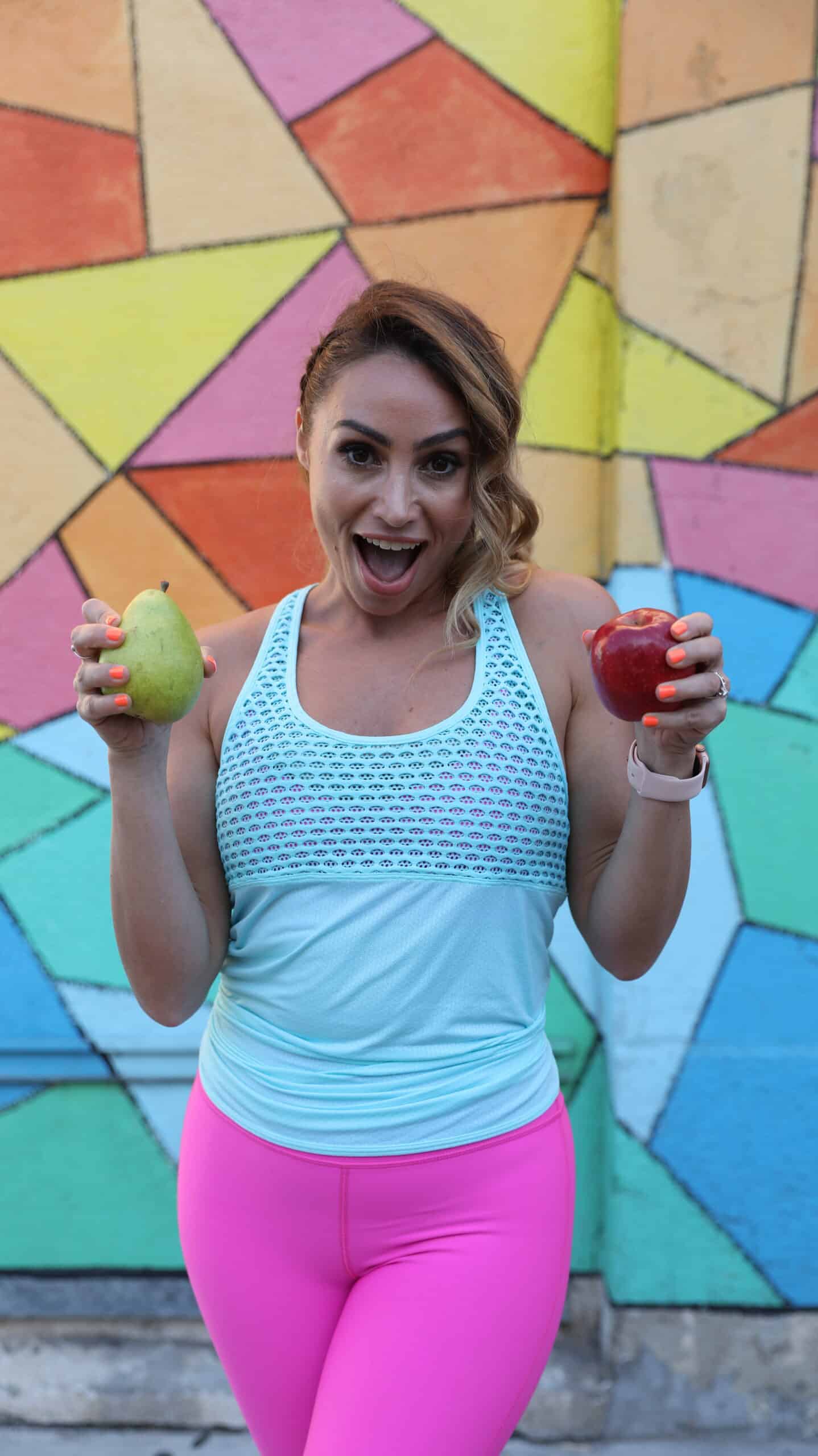
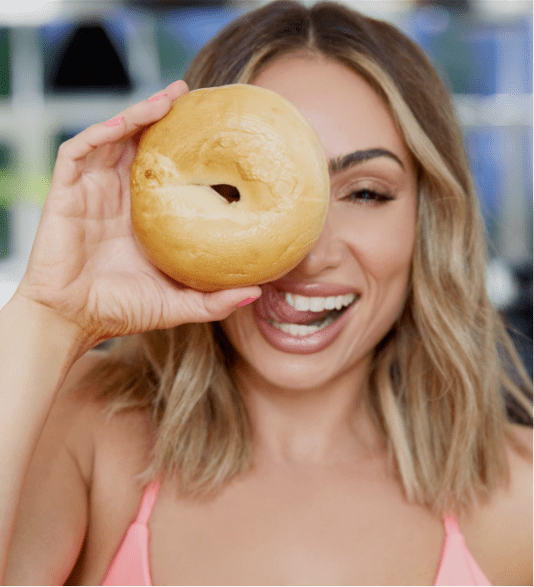
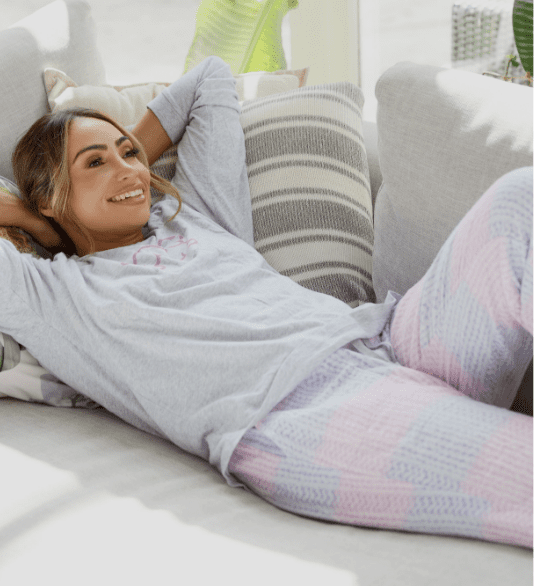
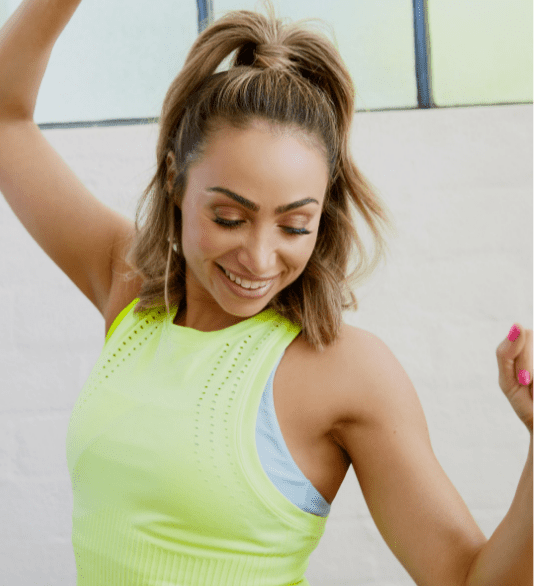
LEAVE A COMMENT